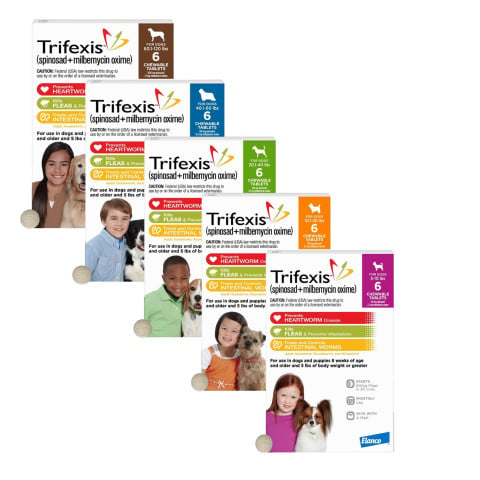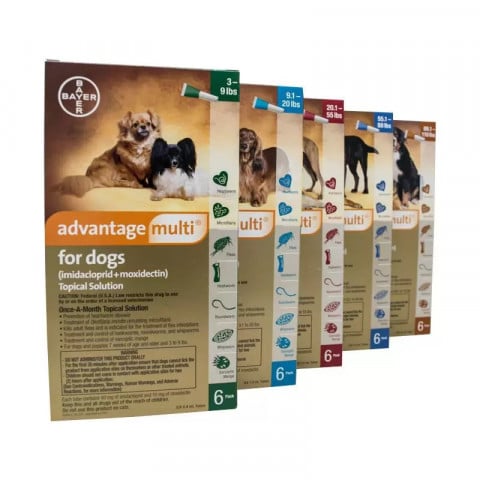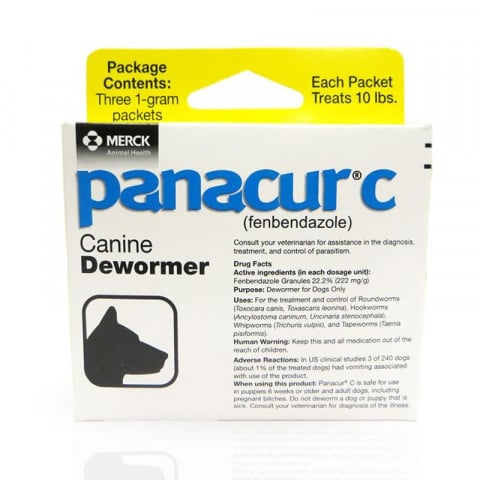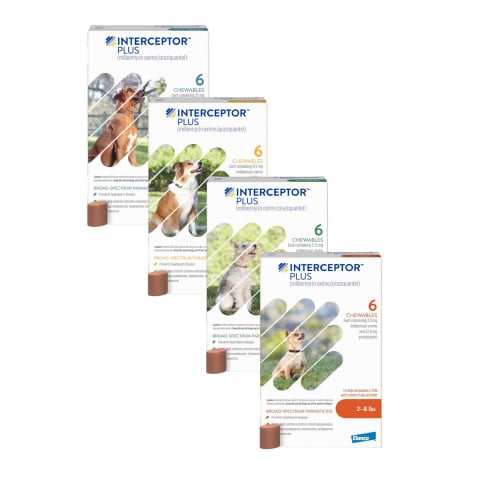The Hidden Reality of Intestinal Parasites
Intestinal parasites are far more common and dangerous than most pet owners realize. These organisms have evolved sophisticated survival strategies that allow them to remain undetected while slowly compromising your dog's health. Unlike obvious illnesses that produce immediate symptoms, parasitic infections often develop gradually with subtle signs easily dismissed as normal aging or minor behavioral changes.
Roundworms can remain dormant in tissues for years before activating during stress or illness. Hookworms feed directly on blood, causing anemia that initially appears as decreased energy or exercise intolerance. Whipworms burrow into intestinal walls, creating chronic inflammation that affects nutrient absorption and overall health.
These parasites don't simply compete for food—they actively damage your dog's digestive system while reproducing rapidly to ensure their survival. A single roundworm can produce thousands of eggs daily, creating massive environmental contamination that affects other pets and potentially your family.
Why Puppy Deworming Isn't Enough
Puppies receive intensive deworming protocols because they face unique vulnerabilities, including prenatal infection through their mother's bloodstream and continued exposure through nursing. However, the need for parasite prevention doesn't end when puppies reach adulthood.
Adult dogs face continuous exposure through environmental contamination, contact with infected animals, and normal exploratory behaviors. Unlike puppies, adult dogs often develop chronic, low-level infections that produce minimal obvious symptoms while slowly undermining their health over months or years.
The immune systems of adult dogs can suppress parasite reproduction enough to prevent obvious illness while allowing chronic infections to persist. This creates a false sense of security where owners assume their healthy-looking dogs are parasite-free when they're actually harboring significant worm burdens.
Understanding Parasite Life Cycles
Effective deworming requires understanding how parasites reproduce and spread. Most intestinal worms follow predictable development patterns that create specific windows of vulnerability for treatment intervention.
Roundworm eggs require several weeks to become infective after being passed in feces, but once mature, they can survive in soil for years while remaining dangerous. This environmental persistence means dogs can become reinfected repeatedly from the same contaminated areas.
Hookworm larvae can penetrate skin directly, allowing infection through simple contact with contaminated soil. This transmission method makes hookworms particularly challenging to prevent in dogs that spend significant time outdoors or in areas with high dog populations.
The prepatent period—the time between infection and when parasites begin producing detectable eggs—means infected dogs can spread parasites for weeks before standard fecal examinations would reveal their presence. Strategic deworming schedules target these invisible infection periods.
Determining Appropriate Deworming Frequency
The optimal deworming schedule varies based on your dog's lifestyle, age, geographic location, and exposure risks. Dogs with high exposure risks—those who hunt, spend significant time outdoors, or live in multi-pet households—may require monthly deworming treatments.
Indoor dogs with limited exposure might maintain adequate protection with quarterly treatments combined with annual fecal examinations. However, even indoor dogs face exposure risks through contaminated soil tracked indoors, contact with other animals, and routine outdoor activities like walks and yard time.
Senior dogs may require more frequent deworming due to age-related immune system changes that reduce their ability to resist parasitic infections. Additionally, many senior dogs receive medications that can affect immune function, making them more susceptible to parasite establishment.
Environmental Factors and Geographic Considerations
Parasite prevalence varies significantly based on climate, soil conditions, and local dog populations. Warm, humid environments provide ideal conditions for parasite egg survival and development, making year-round prevention essential in southern states and coastal regions.
Areas with high dog population density, such as urban environments with many dog parks and apartment complexes, can become heavily contaminated with parasite eggs, creating ongoing exposure risks that require more aggressive prevention protocols.
Soil type affects parasite transmission, with clay soils retaining moisture longer than sandy soils, creating environments where parasite eggs remain viable for extended periods. Understanding local risk factors helps optimize prevention strategies.
Choosing Effective Deworming Products
Modern deworming products vary significantly in their target parasites, duration of action, and administration methods. Broad-spectrum dewormers offer comprehensive protection but may not be cost-effective for all situations, while narrow-spectrum products might be more economical for routine prevention.
Monthly heartworm preventatives often include ingredients that provide protection against intestinal parasites, potentially eliminating the need for separate deworming protocols. However, the specific parasites covered vary between products, making it essential to verify coverage for your area's prevalent parasites.
Prescription deworming products typically offer superior efficacy and safety compared to over-the-counter alternatives, though they require veterinary oversight and may cost more initially. The investment often pays for itself through reduced need for retreatment and fewer health complications.
Integration with Overall Health Management
Effective deworming works best when integrated into comprehensive health management programs that include regular veterinary examinations, appropriate vaccination protocols, and ongoing health monitoring. This holistic approach ensures parasite prevention efforts complement other health maintenance activities.
Annual fecal examinations provide valuable information about local parasite populations and treatment efficacy, allowing for schedule adjustments based on actual infection patterns rather than theoretical risks. These tests can detect parasites not eliminated by routine protocols.
Body condition monitoring helps detect subtle effects of chronic parasitic infections before they become severe. Regular weight checks, coat quality assessment, and energy level evaluation can identify developing problems early, allowing for prompt intervention.
Cost-Benefit Analysis of Prevention
While ongoing deworming costs might seem significant, they pale compared to treating advanced parasitic diseases or their complications. Severe infections often require intensive treatment protocols involving multiple medications, supportive care, and extended monitoring periods.
Emergency treatment for complications like intestinal blockages, severe anemia, or secondary infections can cost thousands of dollars, far exceeding annual prevention expenses. The indirect costs include lost productivity due to caring for sick pets and potential human medical expenses if zoonotic transmission occurs.
Bulk purchasing through reputable online pharmacies like BandanaRx can significantly reduce per-dose costs while ensuring consistent medication availability. Many pet owners find that purchasing annual supplies provides substantial savings compared to monthly purchases.
Conclusion
Understanding why deworming schedules matter throughout your dog's life empowers you to provide comprehensive preventive care that protects both your pet and your family. Intestinal parasites pose ongoing threats that require consistent, lifelong prevention strategies rather than occasional treatments.
The investment in regular deworming pays dividends in better health outcomes, reduced veterinary expenses, and peace of mind knowing you're protecting your beloved companion from preventable diseases. Modern deworming protocols represent proven strategies for maintaining parasite-free dogs while minimizing unnecessary medication exposure.
At BandanaRx, we support your preventive care efforts through convenient access to high-quality deworming products and educational resources that help you make informed decisions about your dog's health. Remember that the most effective deworming schedule is one developed in partnership with your veterinarian based on your dog's individual needs and local risk factors.
---
About This Blog: This blog is AI generated. This comprehensive guide explains why consistent deworming throughout a dog's life is essential for optimal health, covering parasite biology, transmission risks, and practical prevention strategies for responsible pet owners.
SEO Keywords: dog deworming schedule, canine intestinal parasites, puppy deworming, dog parasite prevention, roundworms in dogs, hookworms dogs, dog worming medication, pet parasite control, zoonotic parasites, canine health maintenance










Blog recent comments